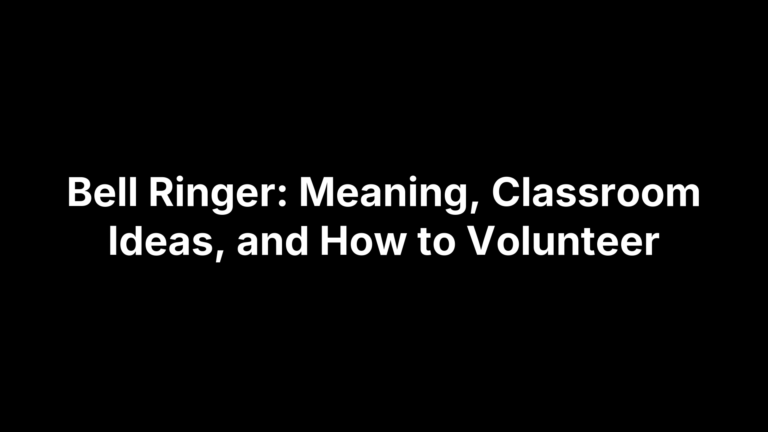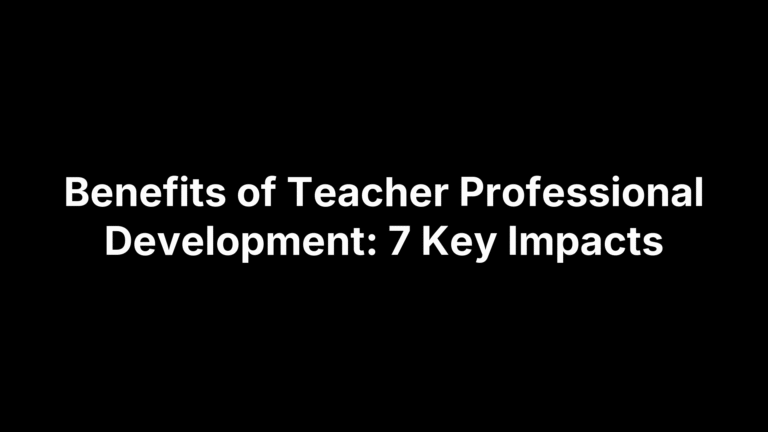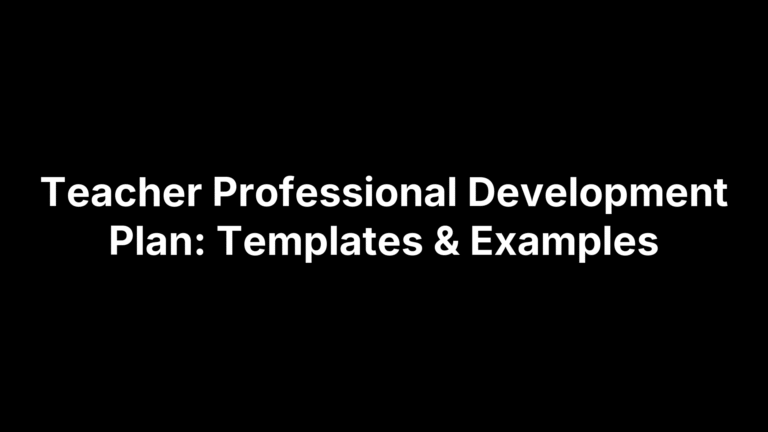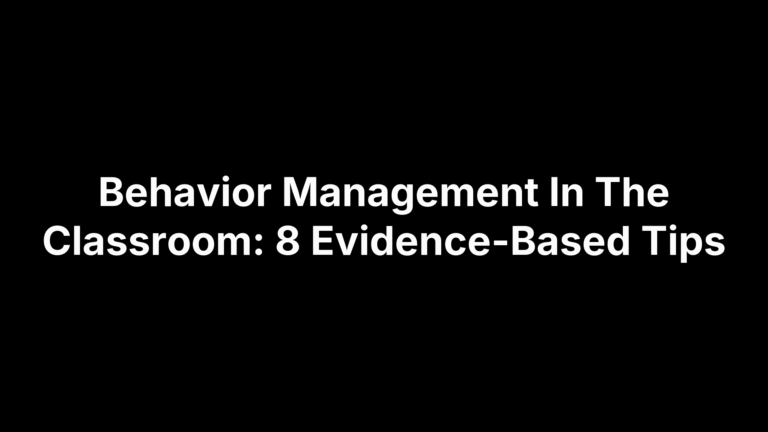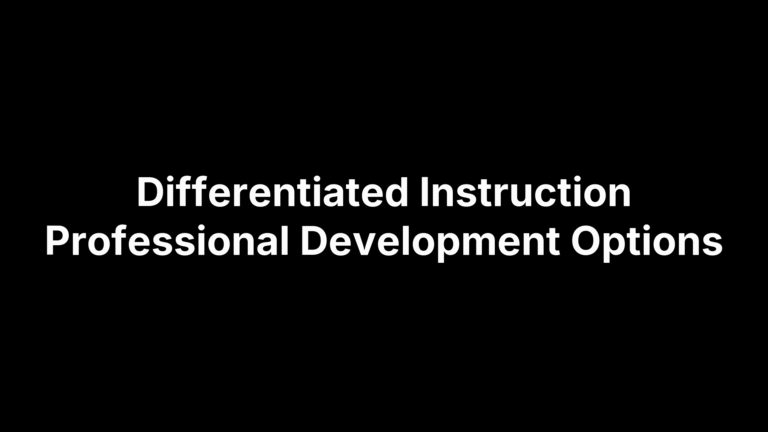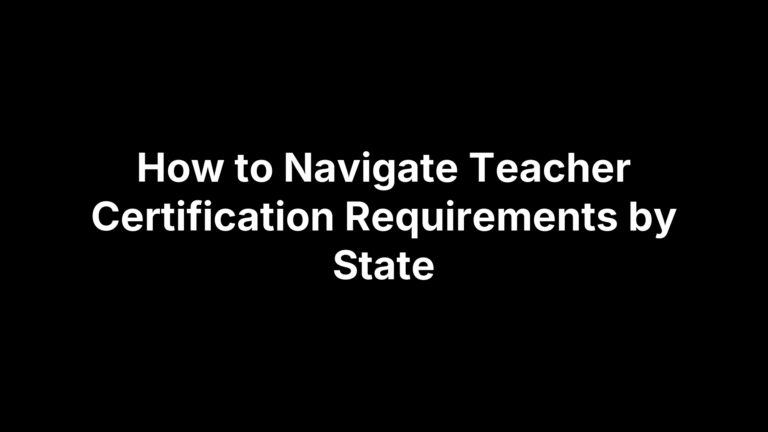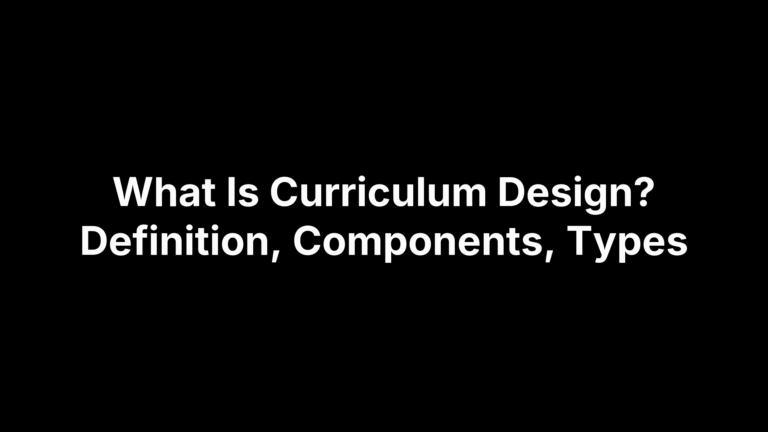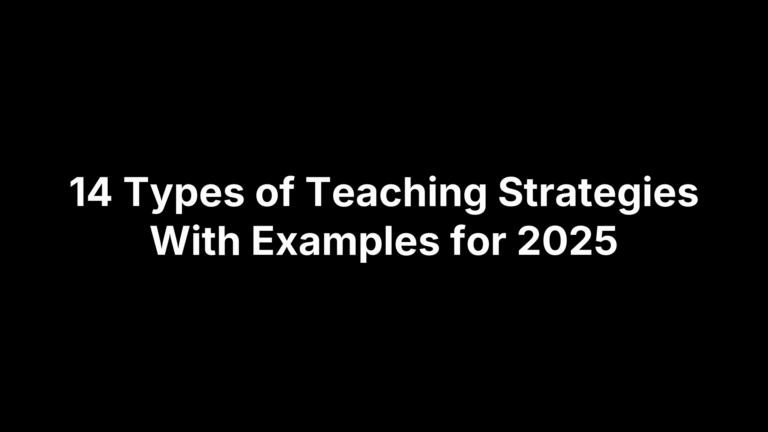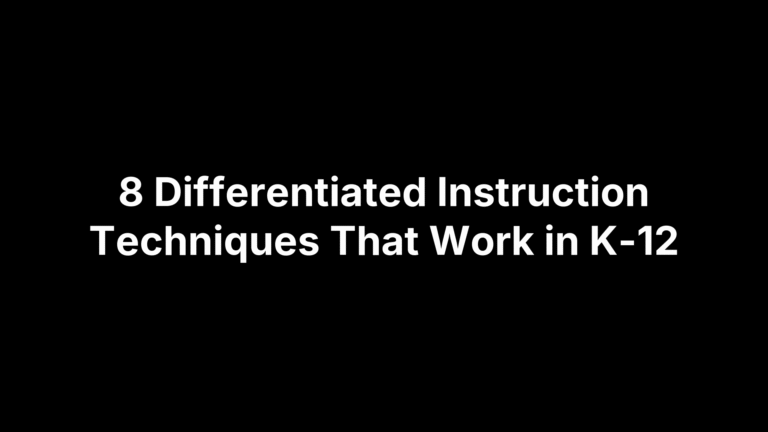Bell Ringer: Meaning, Classroom Ideas, and How to Volunteer
You hear bell ringer and might think of three different things. A volunteer collecting donations outside your local store during the holidays. A short classroom activity that gets students working as soon as they walk in the door. Or the actual person who rings church bells. All three definitions are correct, and understanding which one…
